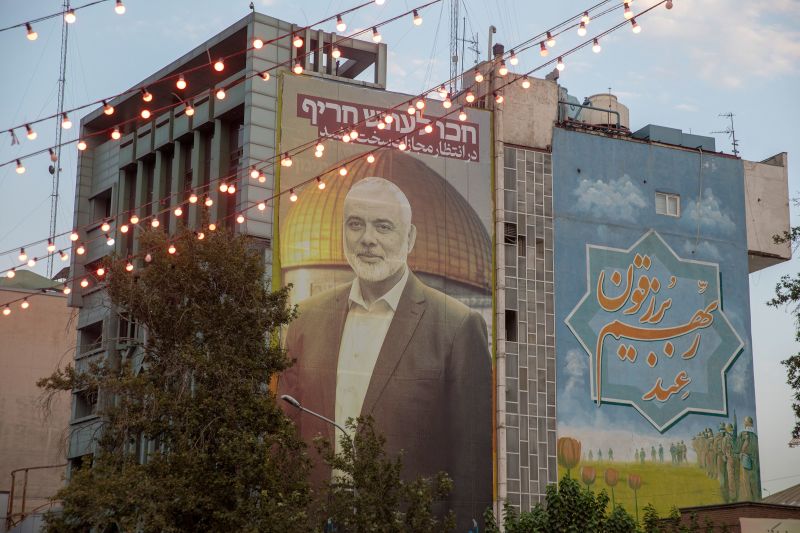High Stakes: Gaza Ceasefire Talks Resume This Week – Here Are the Main Obstacles to a Deal
1. Complex History and Conflicting Narratives:
The conflict in Gaza is deeply entrenched in a complex history dating back decades. Both sides hold conflicting narratives, each rooted in their own historical perspectives and experiences. This makes it challenging to find common ground and agreement on key issues.
2. Security Concerns:
Security concerns loom large in the Gaza ceasefire talks. Israel prioritizes the safety and security of its citizens, seeking measures to prevent rocket attacks and ensure peace along its borders. On the other hand, Palestinians in Gaza also have legitimate security concerns, including protection from airstrikes and military operations.
3. Humanitarian Crisis:
The humanitarian situation in Gaza remains dire, with severe shortages of essential goods and services, high unemployment rates, and limited access to healthcare and education. Addressing the humanitarian crisis is a critical aspect of the ceasefire talks, requiring substantial support and resources from the international community.
4. Political Divisions and Power Struggles:
Internal political divisions among Palestinian factions, particularly between Hamas and the Palestinian Authority, pose a significant obstacle to reaching a lasting ceasefire agreement. The power struggles and differing political agendas of these groups complicate negotiations and hinder progress towards a resolution.
5. Influence of External Actors:
The involvement of external actors, including regional powers and international stakeholders, adds another layer of complexity to the Gaza ceasefire talks. Different countries and organizations have vested interests in the region, further complicating efforts to find a mutually acceptable solution that satisfies all parties involved.
6. Historical Trauma and Mistrust:
Both Israelis and Palestinians carry deep-seated historical trauma and mistrust towards each other, stemming from past conflicts and grievances. Overcoming this deep-rooted mistrust and building confidence between the parties is essential for any ceasefire agreement to be sustainable in the long term.
7. Lack of Sustainable Development Initiatives:
The absence of robust sustainable development initiatives in Gaza exacerbates socioeconomic challenges and undermines prospects for long-term peace and stability. Initiatives that promote economic growth, infrastructure development, and job creation are crucial components that must be addressed in the ceasefire talks to establish a foundation for lasting peace.
In conclusion, the Gaza ceasefire talks face numerous obstacles that must be navigated to achieve a sustainable and comprehensive agreement. Addressing the complex history, security concerns, humanitarian crisis, political divisions, external influences, historical trauma, and lack of sustainable development initiatives requires a multi-faceted approach and genuine commitment from all parties involved. Despite the challenges, a concerted effort towards dialogue, understanding, and compromise is essential to pave the way for a future of peace and coexistence in the region.

